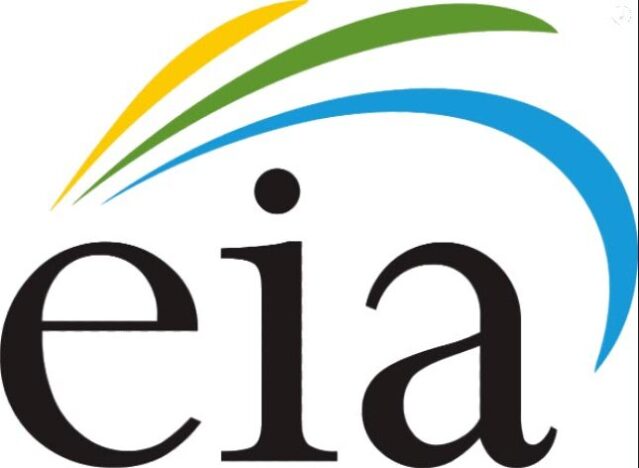
Energy News Beat Publishers Note: The unprecedented worldwide Covid stimulus capital injections into markets has set the stage for unparalleled inflation growth. This will ultimately impact the demand side of the oil pricing model.
World shares dipped on Monday as the U.S. Senate’s passage of a $1.9 trillion stimulus bill put fresh pressure on Treasuries and tech stocks with lofty valuations, raising inflation jitters.
These concerns overshadowed the prospect that stimulus would give another boost to the world’s No.1 economy, likely helping global growth rebound faster from the COVID-19 downturn.
Analysts expect a sharp acceleration in inflation, stoked in part by the latest spike in oil prices, which on Monday climbed above $70 for the first time since the pandemic began.
“Between reflation, inflation risk and equity valuations, there’s plenty of reasons for the market to be jittery over the bond re-pricing,” said Natixis strategist Florent Pochon.
“Equity valuations will of course remain a burning issue in particular for overly rich sectors,” he also said, adding however that sell-offs should be seen as buying opportunities, given that central banks remain “structurally dovish”.
The MSCI world equity index (MIWD00000PUS) fell 0.1% by 0828 GMT, as gains in European cyclical and travel stocks were offset by losses in Asia.
Chinese stocks posted their biggest decline in seven months, down 3.5%, on concerns that Chinese officials could tighten policy to rein in lofty valuations.
Nasdaq futures fell 2% in early European trade, reversing early gains, while S&P 500 futures fell 1% as investors looked past the benefits of the fiscal package.
According to JPMorgan (NYSE:JPM), every $1 trillion of fiscal stimulus adds around $4-$5 to companies’ earnings per share, implying 6-7% upside for the remainder of the year.
Equity investors had taken heart on Friday from U.S. data showing nonfarm payrolls surged by 379,000 jobs last month, while the jobless rate dipped to 6.2% in a positive sign for incomes, spending and corporate earnings.
U.S. Treasury Secretary Janet Yellen tried to counter inflation concerns by noting the true unemployment rate was nearer 10% and there was still plenty of slack in the labour market.
Yet yields on U.S. 10-year Treasuries still hit a one-year high of 1.626% in the wake of the data, and stood at 1.594% on Monday.
U.S. yields increased a hefty 16 basis points for the week, while German yields actually dipped 4 basis points.
The European Central Bank meets on Thursday amid talk it will look at ways to restrain further increases in euro zone yields.
The diverging trajectory on yields boosted the dollar against the euro, which fell to a three-month low of $1.1891.
BofA analyst Athanasios Vamvakidis argued the potent mix of U.S. stimulus, faster reopening and greater consumer firepower was a clear positive for the dollar.
“Including the current proposed stimulus package and further upside from a second-half infrastructure bill, total U.S. fiscal support is six times greater than the EU recovery fund,” he said. “The Fed is also supportive with U.S. money supply growing two times faster than the Eurozone.”
The dollar index shot up to levels not seen since late November and was last at 92.06, well above its February trough of 89.677.
The U.S. currency also gained on the low-yielding yen, reaching a nine-month top of 108.63, and was last changing hands at 108.4.
The jump in yields has weighed on gold, which offers no fixed return, and pushed it down 0.1% at $1,698 an ounce and just above a nine-month low.
Oil prices were up the highest levels in more than a year after Yemen’s Houthi forces fired drones and missiles at the heart of Saudi Arabia’s oil industry on Sunday, raising concerns about production.
Prices had already been supported by a decision by OPEC and its allies not to increase supply in April. [O/R]
Brent climbed 1.1% to $70.14 a barrel, while U.S. crude rose 1% to $66.8 per barrel.
Investing.com






